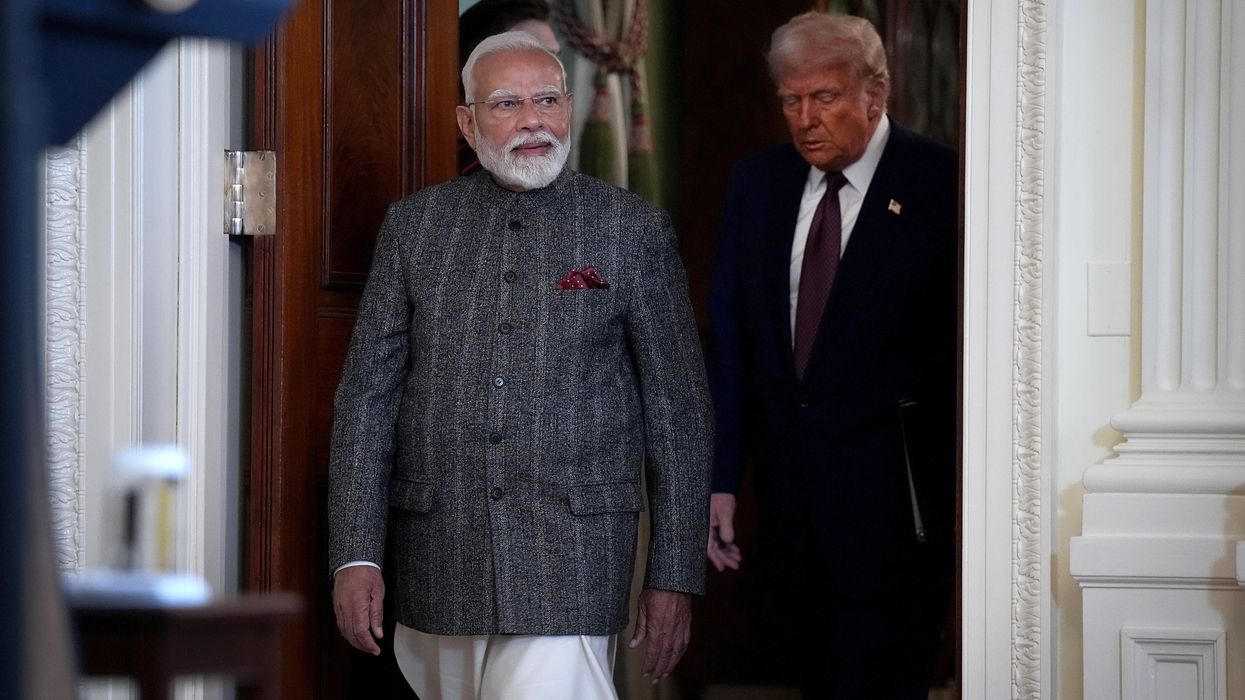The next time you find yourself wanting only a specific pill to stop a throbbing headache, backache, or period pain – think again. A generic painkiller could be just as effective. According to an NHS surgical doctor, Dr Karan Rajan aka Dr Karan Raj on TikTok, painkillers for a specific body part like your head, or back or claiming to alleviate period pain are actually a waste of money and therefore, a "scam."
In a recent report posted on the Mirror, the doctor supposedly responded to a question posed to him by another user of Tik Tok – the question asked was, “What's a scam that's become so normalised we don't even realise it's a scam anymore?"
To which Dr Raj is quoted as saying, “So Nurofen which is basically ibuprofen and anti-inflammatory is selling a specific range for back pain, migraine, period pain. These companies are trying to sell body parts-specific pain relief, and that would be great. If it was true.
"All of these products contain the same ingredient. Ibuprofen is not a sentient being it just goes where the pain signals are. So, the back pain one will work just as well as this headache one if the dose is the same."
He went on to add, "The only specific effect it'll have is on your wallet. Same ingredient will have the same effect at the same dose/delivery method."
This clip quickly went viral and garnered thousands of likes and comments showing people’s shocked reactions. Some of Dr Raj’s viewers even admitted they already knew the truth and that is why they buy "generic ibuprofen."
So, what happens after you take a painkiller? According to information on the Johns Hopkins Medicine website, a pain reliever doesn't go directly to the pain site, even though that's the spot that hurts the most. Painkillers work with the body’s cells, nerve endings, the nervous system, and the brain to help block the pain out.
Our body has abundant nerve endings in our skin and tissues and some of these nerve endings can sense pain. When the body is damaged or injured in any way, chemicals called prostaglandins are released. When the prostaglandin chemical is released, the nerve endings in our body respond to it by picking up and transmitting the pain messages through the nervous system to our brain.
When a painkiller like ibuprofen is taken, it doesn’t allow the injured or damaged cells to release prostaglandin, thereby stopping the pain messages to be quickly received by the brain. So, the pain becomes bearable as long as the cells are not releasing the chemical, prostaglandin.
This is probably what Dr Raj means when he says that buying pain relief tablets for specific body parts could be a waste of your money and you might as well opt for a generic painkiller.
Commenting on the information shared by Dr Raj, one of the viewers wrote, “This is good to know. I will buy the cheapest one from now on."
In another video clip, Dr Raj also encouraged people to check the PL code on their tablets. PL stands for product licence number which is given exclusively to a particular medicine. He explained that if the codes are the same on a branded packet and on a generic one too, then the ingredients would be the same as well. Therefore, buying the costlier one could be avoided.
A spokesperson for Reckitt (producer of Nurofen) is reported to have told the Mirror, "The Nurofen specific-pain range exists with the intention to help consumers navigate their pain relief options, particularly within the grocery environment where there is no healthcare professional to assist decision making.
"All Nurofen products provide on the packaging and in the patient information leaflet details which clarifies appropriate use for a variety of pain indications. As with any medication, we recommend our consumers to carefully follow the instructions provided on the pack and in the leaflet and speak to their healthcare professional if they have any questions."












